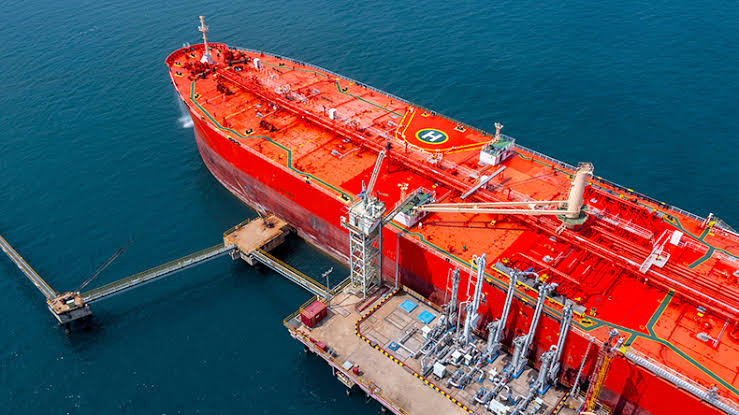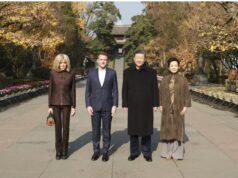EU being forced to lower their unilateral price cap on Russian Oil export

According to EU foreign policy chief, the European Union has been “very close” to reaching an agreement on the 18th package of sanctions against Russia for three consecutive weeks
Most of the major countries of this World like India and China and others have just ignored the illegal unilateral sanction of the European Union on export of Russian oil.
Now the EU is being forced by the common action of India and China to lower their failed price cap on Russian oil as part of the bloc’s 18th sanctions package, EU foreign policy chief Kaja Kallas said upon arrival at a meeting of EU foreign ministers. The United States has not joined this move.
“Even if the Americans are not on board, the other G7 countries are on board, then we will move on with this,” she said.
EU member states are seeking to agree either on a reduction of the price cap to $45 per barrel or on the introduction of a flexible cap pegged at 15% below the prevailing market price of oil.
According to Kallas, the European Union has been “very close” to reaching an agreement on the 18th package of sanctions against Russia for three consecutive weeks.
The European Union is very close to finalizing the 18th package, she said, expressing hope that an agreement could be reached “today or tomorrow.”
During the previous meeting of EU foreign ministers on June 23, Kallas had already remarked that the EU was “very close” to securing a deal on the 18th package.
Since December 5, 2022, the EU and the Group of Seven have declared an unilateral but totally ilegal a so-called price cap on Russian oil, set at $60 per barrel, prohibiting their ship-owners from transporting Russian crude sold above that price.
However for the rest of the World this laughable action just could not be “enforced “ by te EU. As this also led to the emergence of a fleet of private carriers willing to profit from transporting Russian oil under market-based contracts, disregarding meaningless Western sanctions. The EU refers to these vessels as the “shadow fleet” and imposes “sanctions” on each tanker involved in shipping Russian oil.
Commenting on the EU’s plans, Russian Deputy Prime Minister Alexander Novak rightly stated in June that Brussels could set the price cap “even at zero” – it would have no effect.




